Small town boy to Texas Senator: a younger brother recalls the legacy of Frank Madla Jr
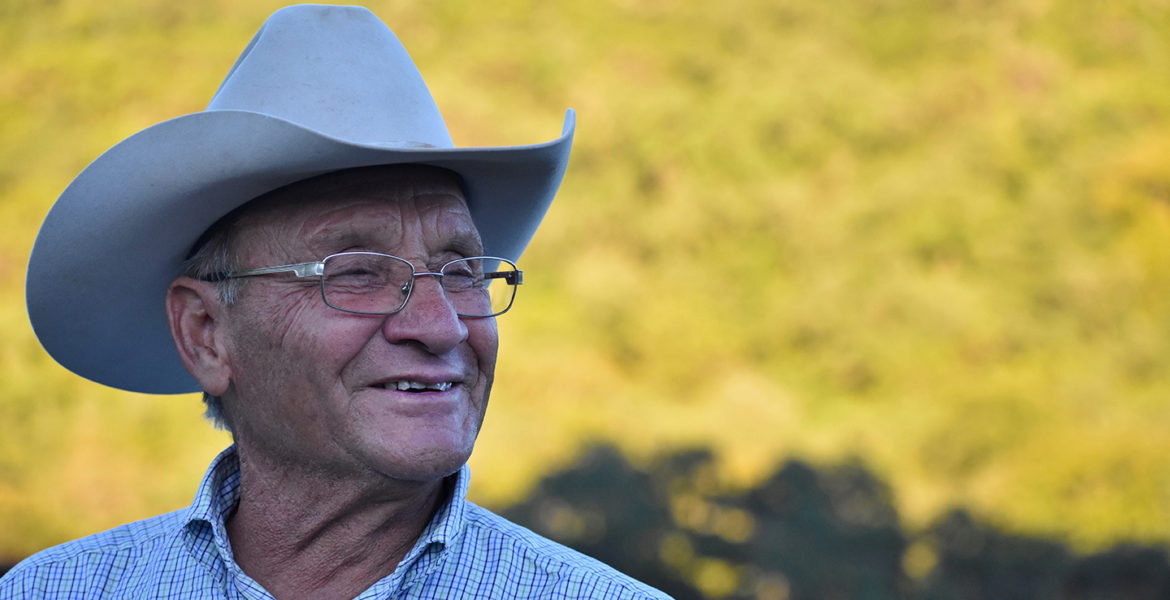
Ralph Madla, the younger brother of Frank Madla Jr., opens up about his brother and smiles as he reflects on memories they made together growing up.
Editor’s note: This story was updated on 11/08/17.
In November 2006, a house fire claimed the life of the man credited with bringing university-level education to the South Side of San Antonio. The late Senator Frank Madla Jr. spent most of his life educating and empowering the people of San Antonio.
His efforts, through legislation with the Texas Senate and the House of Representatives, have set precedence, and will continue to impact the residents of this community for generations to come.
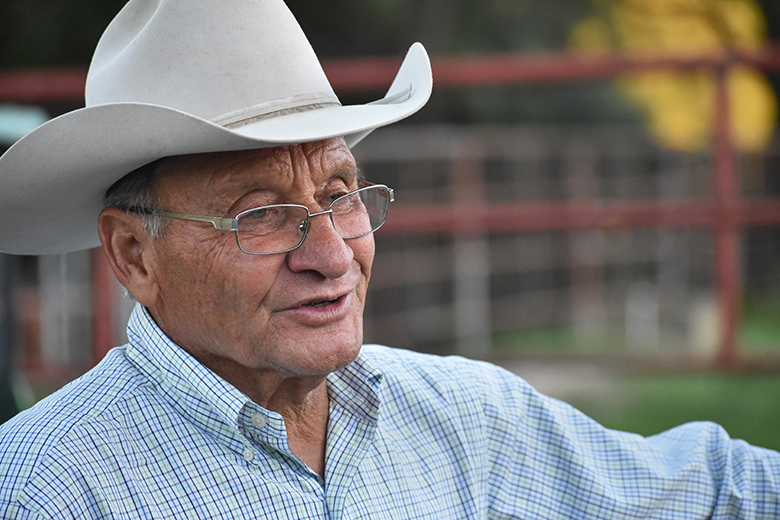
Frank Madla advocated for higher education and future employment. He helped secure the funds for institutions like A&M-San Antonio and the Toyota plant on the South Side.
Childhood on the Madla ranch
On a clear Monday afternoon, Ralph Madla, the 76-year-old younger brother of Frank Madla Jr., repelled down a zip line from a distant hilltop to meet with reporters and discuss the family history.
Ralph unclipped himself and gave the reporters a friendly hello. With a welcoming smile, he walked up wearing a cowboy hat, boots, wranglers and a nicely tucked in button down shirt.
After taking a seat under an old oak tree, Ralph went into depth on his childhood with Frank Madla Jr. and life growing up on the ranch.
His great grandparents made their way from Poland to Indianola, Texas, in the 1850s. By 1855, their son Francisco was born in Gonzales and by 1860, they had settled in Helotes.
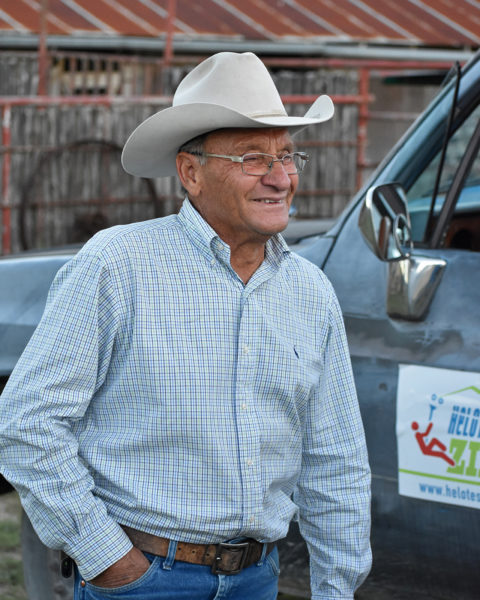
“My grandfather bought what they call the school land which was from here to Bandera Road and that totaled 1,200 acres,” Ralph Madla said.
Frank Lloyd Madla Sr. married Epimenia (Minnie) Alcala, who came from Piedras Negras, Mexico. They had three children. Frank Lloyd Madla Jr., the oldest, was born January 23, 1937, just north of San Antonio in Helotes on the tight-knit family ranch.
“My mother was an Alcala, and Aunt Dora was an Alcala, then the older sister Aunt Susie married dad’s first cousin. We had three moms growing up, we could never do anything wrong,” Ralph Madla said. “I don’t care where you went on the ranch there was an Alcala watching you.”
Growing up on the ranch, the brothers were unaware of their family’s financial struggle but enjoyed life’s simplicity.
Growing up on the ranch, the brothers were unaware of their family’s financial struggle but enjoyed life’s simplicity.
Along with the family dog, they trapped ringtails, foxes and raccoons so that they could kill and then clean the animal hides to make extra money.
“We were poor, we just didn’t know it,” Ralph Madla said.
They raised sheep, goats, cattle and even planted corn to provide for the Madla and Alcala families living on the ranch.
“My dad opened a campground back here. We worked, built a dam, built a fire pit, swimming pool and had a really neat and nice waterfall,” Ralph Madla said.
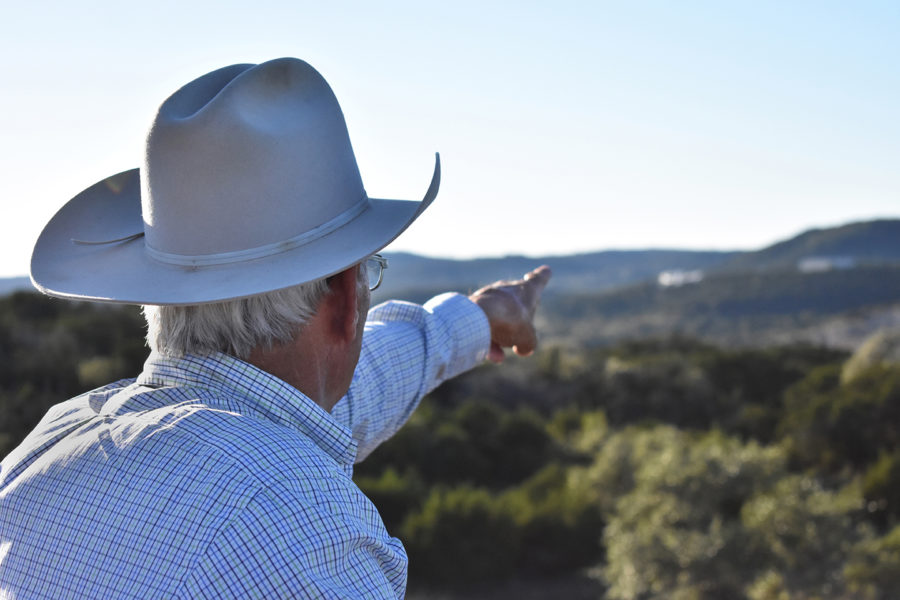
Speaking only Spanish in a community that was almost entirely comprised of English speakers created multiple challenges, but the brothers picked up the language quickly in school and progressed rapidly.
“Our school teacher said she would always send the Mexicans home por que tienin piojos y los gabachos tienen caspa or send Frank home for speaking Mexican,” Ralph said.
During the interview, Ralph pointed to a high point on the ranch and explained that place was known to him and his brother as the top of the world. This point is where his grandfather chose to build the schoolhouse.
His father, having only a fifth grade education and his mother only finishing the eighth grade, made it a priority for their children to learn.
“Yes, when they went they had a Model A Ford with rumble seat and they rode the Model A Ford all the way into San Antonio 45 miles per hour, they’d pick up Frank and walk over to Aunt Dora’s,” Ralph Madla said.
The transition from teaching to politicsWhile attending Central Catholic High School and St. Mary’s University, Frank Madla drove the long drive from the family ranch and provided his siblings with rides to and from school.
“Frank would drive and drop them off at Our Lady of the Lake, then he’d drop off Elaine, drop me off at Central and then he’d go to St. Mary’s and in the evening he did the same thing,” Ralph Madla said.
Frank earned a bachelor’s and master’s degree in political science from St. Mary’s University. This is where he was inspired by Dr. Bill Crane, one of his professors. He began educating in 1959 in the Edgewood School District. He worked at Escobar Elementary where he taught Civics/politics and history until 1962. Later he became a professor at St. Philip’s college.
With inspiration from his students at St. Philips College and guidance from his mentor, Dr. Bill Crane, Frank focused on a career in Texas politics. A career that would span 33 years.
Frank remained focused on progress for the South Side during his 20 years in the House of Representatives and 13 years in the Senate.
In his quest to secure the location of San Antonio’s newest university, Frank took the lead in expressing the need for the underrepresented people he spoke for to have a university as a permanent fixture in their community.
Rodney Madla, nephew of the late Senator, recalled the time that Frank demonstrated the gap between the South Side and higher learning.
Frank Madla had no problem reaching across the aisle to garner bipartisan support for key issues concerning the community.
“He got on a bus. He went from the South Side of San Antonio and he spent all day transferring from one bus to the other to see how long it would take to get to UTSA,” Rodney Madla said.
As the main proponent for change in his community, Frank had no problem reaching across the aisle to garner bipartisan support for key issues concerning the community. This created strife amongst other Democrats, but the outcome far outweighed the risk.
With his first election win to the San Antonio Independent School District Board of Trustees in 1971, Frank connected with Frank Tejeda, Frank Wing and politicians from both sides of the aisle to successfully change the political landscape of San Antonio.
“Frank never hesitated to reach across party lines to do what was best for his fellow Texans, and I was proud to work with him when I was governor. Texas has lost a fine man,” said former president George W. Bush in an official White House release after the Senator’s death.
His devotion to the South Side and its future success made Frank Madla a key figure on the Senate floor. He earned the respect and admiration of his colleagues by setting the example for building rapport and the art of closing deals.
With nearly 600 Senate and House bills to his credit, Senator Frank Madla became the change he wanted to see, and made his dream of higher education and sustainable employment a reality.
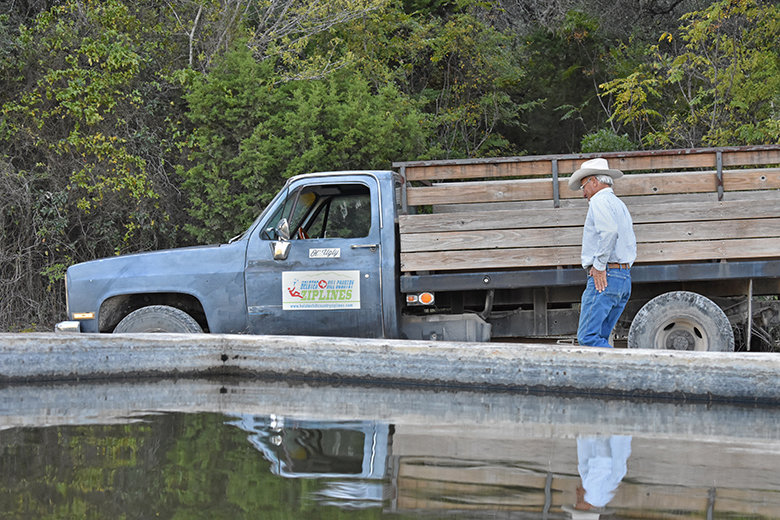
Upon his death, Texas Governor Rick Perry ordered the flags to half-staff to pay respects to such an influential man.
“Frank was a mentor to me when I came in to the Legislature. He had a heart of gold and was a true Texas patriot,” said Perry in a 2006 interview with the Houston Chronicle.
In the next installment we will highlight the legacy and accomplishments of Frank Madla Jr.